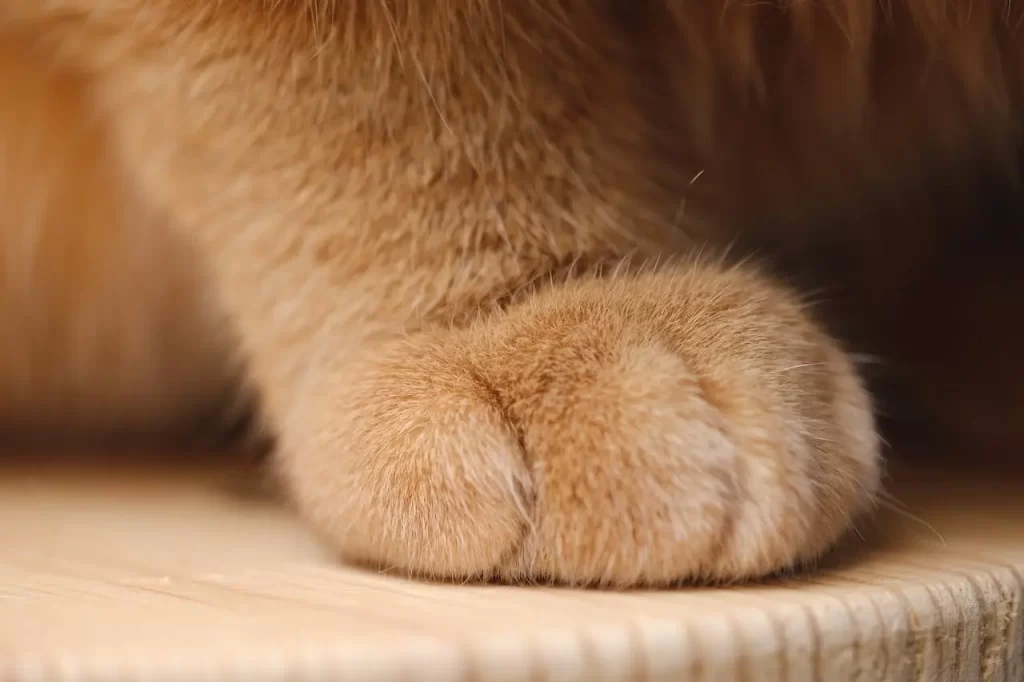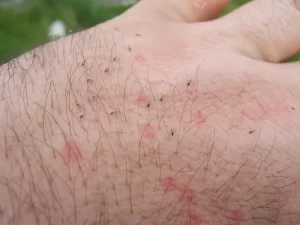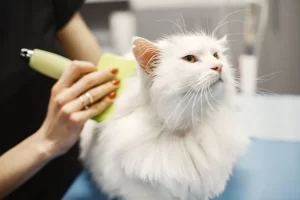Cats are known for their agility and curiosity, but accidents and injuries can happen, resulting in a swollen paw. While a swollen paw in your feline friend can be a cause for concern, there are several cat swollen paw home remedies you can try to provide comfort and relief. It’s important to note that these remedies are not a substitute for professional veterinary care, and consulting with a veterinarian is always the best course of action to determine the underlying cause and receive proper treatment. However, here are ten cat swollen paw home remedies that may help alleviate your cat’s discomfort while you await professional guidance.
Table of Contents
ToggleRest
Encourage your cat to rest in a quiet and comfortable space. Minimize physical activity to prevent further irritation and stress.
Elevation
Use a soft cushion or pillow to gently elevate the swollen paw above heart level. Be mindful not to cause discomfort to your cat.
Cold Compress
Wrap a cold pack or a bag of frozen vegetables in a cloth and apply it to the swollen paw for about 5-10 minutes. Pay close attention to your cat’s reaction, discontinuing if they become stressed or uncomfortable.
Warm Compress
Use a clean cloth soaked in warm (not hot) water to apply a warm compress to the swollen area for a few minutes. This can help promote drainage and alleviate discomfort.
Inspect for Foreign Objects
Examine the paw closely for any visible injuries, splinters, thorns, or foreign objects. If found, gently remove them with clean, sterilized tweezers.
Clean Wounds
If there are open wounds or irritations, create a mild saline solution by mixing 1 teaspoon of salt in a cup of warm water. Gently clean the affected area with a clean cloth or cotton ball, avoiding harsh chemicals.
Paw Soaks
Dissolve one teaspoon of Epsom salt in a cup of warm water to create a diluted Epsom salt solution. Soak your cat’s paw in the solution for a few minutes to reduce swelling and provide comfort. Pat the paw dry with a clean, soft towel afterward.
Anti-Inflammatory Foods
Consult your veterinarian about incorporating anti-inflammatory foods or supplements, such as omega-3 fatty acids, into your cat’s diet. Follow their guidance on the appropriate dosage and duration.
Aloe Vera Gel
Ensure the aloe vera gel you use is pet-safe or free from added chemicals. Apply a small amount to the affected area and gently rub it in, being cautious to prevent your cat from licking the area.
Over-the-Counter Pain Relief
Consult your veterinarian before administering any over-the-counter pain relievers or anti-inflammatory medications to your cat. Follow their instructions for the correct dosage and type of medication suitable for your cat’s condition.
A swollen paw in your cat can be distressing, but these home remedies may offer temporary relief while you seek professional veterinary care. Remember that these remedies should complement, not replace, proper medical attention. Swollen paws can result from various underlying issues, including injuries, infections, allergies, or more severe conditions. To ensure your cat’s health and well-being, consult with a veterinarian for an accurate diagnosis and treatment plan. Your cat’s comfort and recovery should always be the top priority.














